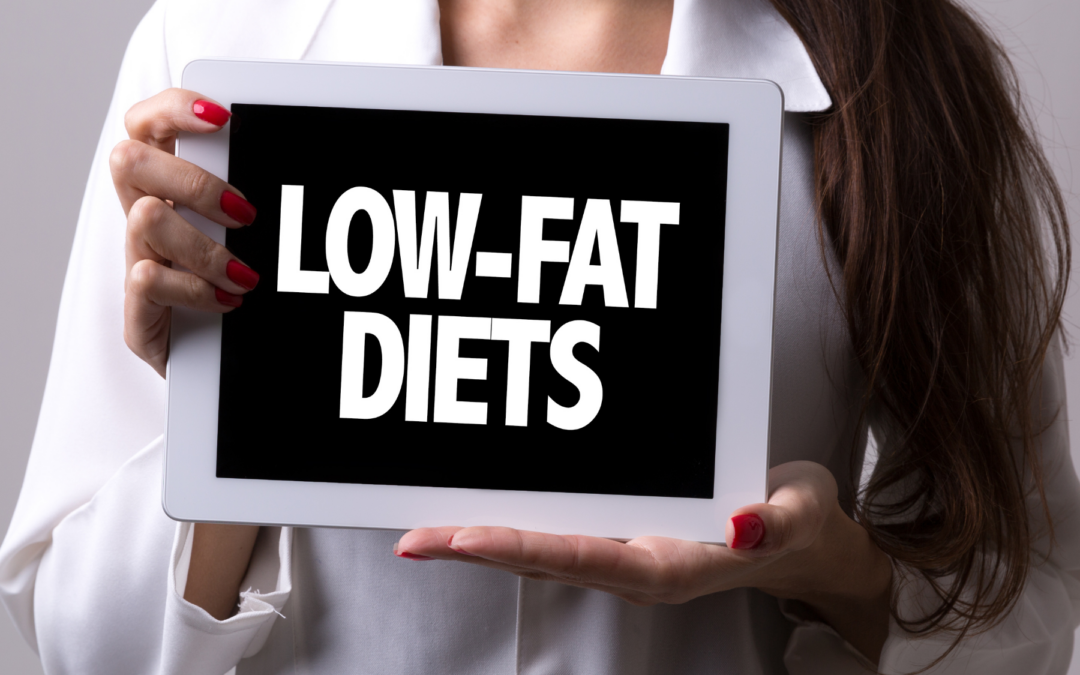All too often, the frozen aisle gets a bad rap. “There’s no nutritional value,” “Fresh food is better than frozen,” or “They’re loaded with preservatives” are some of the common misconceptions surrounding the frozen food aisle. While yes, there are some poor food options found in the frozen foods section, it does not mean they are all bad. In fact, you can find a lot of amazing products that are just as healthy as fresh food options in the frozen section.
Are Nutrients Lost During Freezing?
If you’re looking for the convenience of already-prepared frozen fruits and vegetables, then the frozen aisle is right for you! Most frozen fruits and vegetables are just as nutrient-dense as fresh produce because they are frozen right at their peak. This means they are frozen when they are most ripe and won’t lose those nutrients during freezing to provide you with the most nutrients possible.
However, some nutrients can be lost before freezing these foods. When vegetables are blanched prior to freezing, they tend to lose B vitamins and Vitamin C. Blanching is the process of boiling a vegetable for a short time, then submerging it in ice-cold water. This is done to help it retain its texture and flavor during freezing. (Have you ever tried freezing raw broccoli without blanching it? It turns out extremely woody and inedible!) Some nutrients may be lost during this process, but no further losses occur while the produce is actually frozen. If eating a frozen vegetable is easier for you than fresh produce, have at it. After all, eating some vegetables is better than eating no vegetables.
Does this mean fresh is better than frozen? It depends. Although some nutrients may be lost during blanching, when we compare that with how the nutritional value of fresh produce declines in transport and storage at the grocery store and then at home, we can see that we lose nutrients both ways. Either way, there will be some losses, so if we look at it from a convenience standpoint, then buying frozen may be the better option.
Frozen fruits and vegetables don’t usually contain preservatives because microorganisms don’t grow at freezing temperatures. So unless you’re buying frozen broccoli with a cheese sauce, you don’t need to worry about preservatives.
Which frozen foods should I try?
This is entirely up to you and your food preferences. Typically, purchasing frozen fruits and vegetables during their off-season is a great idea, not only to save some money but also to have them available whenever you want them. Some great options to try that will help boost your fruit and vegetable intake are listed below. From making smoothies to making soups, there are various frozen options you can use, including:
- Frozen berries, pineapple, or other frozen fruit medleys are great for making refreshing smoothies, throwing into some Greek yogurt, mixing into oatmeal, or even baking.
- Frozen vegetables such as chopped spinach, peas, carrots, broccoli, and cauliflower can all be used in multiple ways. Make a creamy spinach dip, a casserole, or a hearty soup any time of the year!
Other frozen options:
We get it. Sometimes all you want to do after a long day is come home and eat whatever is easiest. You want to be able to quickly throw something together with minimal work. In these cases, it’s important to know which options are going to help us stay closest to our goals. In general, when we’re throwing something together, we want to make sure we focus on three key food groups: protein, carbs, and veggies. We’ve talked about veggies already, so let’s talk about the other two groups.
In the frozen section, we see a lot of protein options from frozen grilled chicken strips to frozen hot wings. Frozen foods that have a sauce are usually going to be high in sodium, which can wreak havoc on our heart health. When choosing a frozen protein option, try to choose one labeled “low-sodium.” Some protein options include:
- Frozen turkey patties or meatballs
- Kevin’s Meals (these come in a variety of options)
- Grilled chicken, or other meats
Carbohydrates that keep you close to your goals may be a little harder to find in the freezer section. Some things you could try looking out for would include frozen brown rice or frozen fully cooked potatoes.
Hopefully, we’ve got your brain thinking about other ways you can try using frozen fruits and vegetables and other frozen convenience products! Feel free to share what you come up with and tag us with your creations on social media. Find us on Instagram at @wendygreen_azdietitians.







